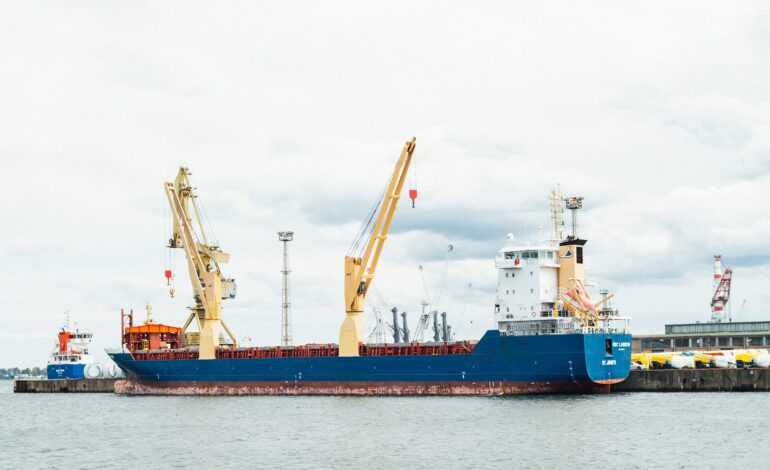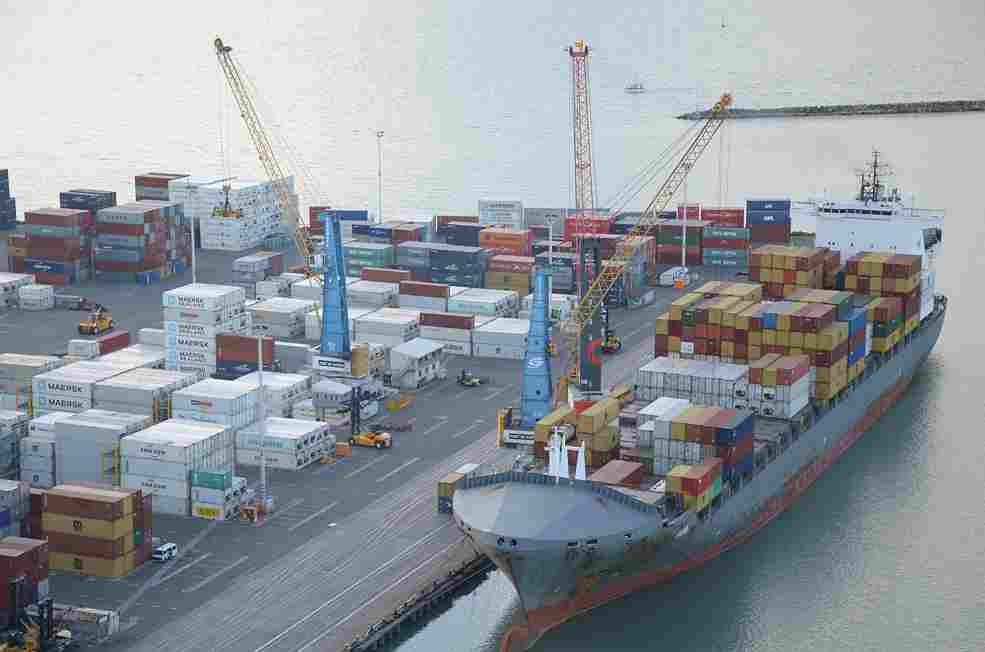
Biofouling Control in Ships Using Bunker Fuels
Biofouling, the accumulation of marine organisms on ship hulls and structures, poses significant challenges to maritime operations, including increased fuel consumption, emissions, and maintenance costs. Bunker fuels, traditionally used for propulsion and energy generation in ships, are now being explored for their potential to mitigate biofouling through innovative additives and formulations. This article explores the strategies, benefits, and environmental considerations of using bunker fuels for biofouling control in ships.
Understanding Biofouling and Its Impact
Biofouling occurs when marine organisms, such as algae, barnacles, and mollusks, attach to ship surfaces, compromising hydrodynamic efficiency and increasing drag. This leads to higher fuel consumption, reduced speed, and elevated greenhouse gas emissions. Additionally, biofouling increases maintenance requirements and operational costs associated with dry-docking and cleaning procedures.
Role of Bunker Fuels in Biofouling Control
- Antifouling Additives: Bunker fuels can be enhanced with antifouling additives that deter or prevent the settlement of marine organisms on ship hulls. These additives often include biocides, polymers, or surface-active agents designed to inhibit biofouling without compromising fuel performance or environmental safety.
- Biological Compatibility: The development of bio-based additives ensures compatibility with marine ecosystems, minimizing environmental impact while effectively controlling biofouling. Bio-based solutions offer sustainable alternatives to conventional biocides, promoting ecosystem health and biodiversity preservation.
- Long-Term Efficiency: Incorporating biofouling control additives into bunker fuels reduces the frequency and intensity of hull cleaning and maintenance cycles. This improves operational efficiency, extends dry-docking intervals, and enhances overall vessel performance and lifespan.
Benefits of Using Bunker Fuels for Biofouling Control
- Fuel Efficiency: Effective biofouling control results in smoother hull surfaces, reduced drag, and improved hydrodynamic performance. This translates into lower fuel consumption, decreased emissions, and operational cost savings for ship operators.
- Environmental Sustainability: Bio-based and environmentally friendly additives minimize the release of harmful chemicals into marine ecosystems, aligning with international regulations on marine pollution prevention and ecological sustainability.
- Operational Cost Savings: By reducing the frequency of hull cleaning and maintenance downtime, bunker fuels with biofouling control additives lower operational costs and enhance fleet-wide efficiency and profitability.
Challenges and Considerations
- Regulatory Compliance: Adherence to international regulations, such as the International Maritime Organization’s (IMO) guidelines on antifouling systems, ensures the safe and responsible use of biofouling control additives in bunker fuels.
- Technological Integration: Effective deployment of biofouling control technologies requires compatibility with existing ship systems and infrastructure, as well as rigorous testing and validation of additive performance under varying operational conditions.
- Monitoring and Verification: Continuous monitoring and assessment of biofouling control effectiveness, environmental impact, and compliance with regulatory standards are essential for maintaining operational integrity and sustainability.
Future Directions and Innovations
- Advanced Formulations: Ongoing research and development focus on optimizing additive formulations, enhancing efficacy, and minimizing environmental footprint through bio-based and sustainable materials.
- Digital Solutions: Integration of sensor technologies and data analytics for real-time monitoring of biofouling conditions, enabling proactive maintenance and optimization of additive dosing strategies.
- Collaborative Initiatives: Industry collaborations, research partnerships, and knowledge sharing platforms foster innovation and best practices in biofouling control using bunker fuels, driving continuous improvement and sustainability in maritime operations.
Conclusion
Biofouling control using bunker fuels represents a promising approach to enhancing ship efficiency, reducing environmental impact, and optimizing operational costs in maritime transportation. By leveraging innovative additives and sustainable practices, ship operators can achieve significant benefits in fuel efficiency, regulatory compliance, and environmental stewardship. As technology advances and industry standards evolve, the integration of biofouling control strategies into bunker fuel formulations will continue to play a crucial role in shaping a sustainable future for global shipping.





